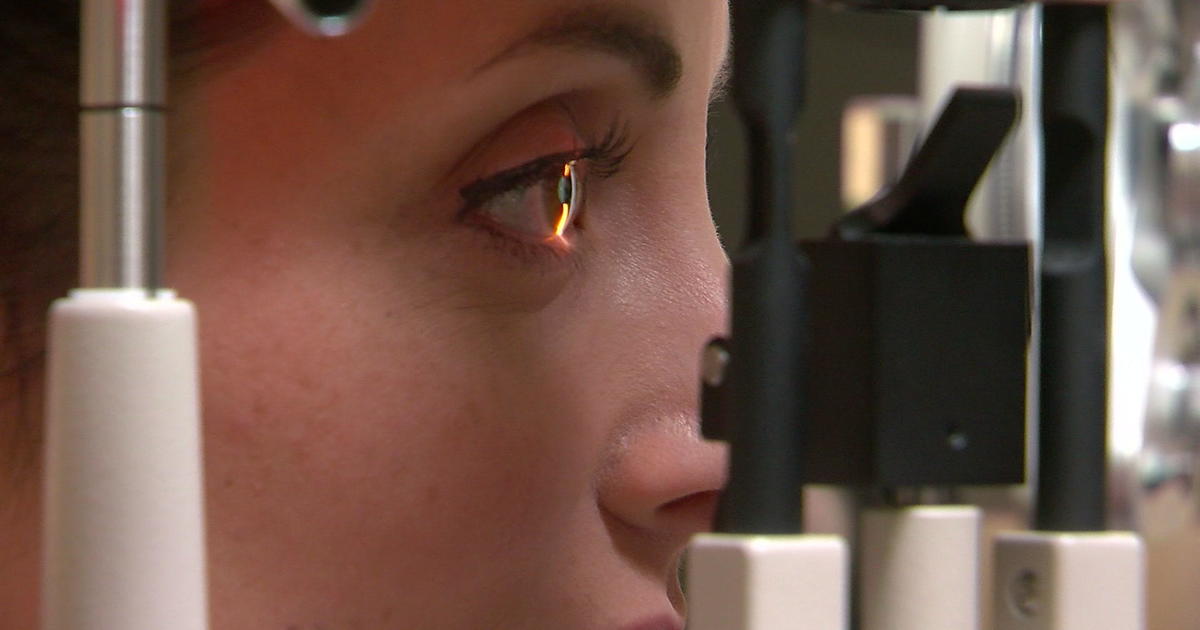Skip Allergy Shots With New Alternative Treatment
PITTSBURGH (KDKA) -- Getting stuck at the allergist?
"Traditionally, when you went to your allergist, you got shots for your testing, and you got shots for your therapy," says Allegheny General Hospital allergist Dr. David Skoner. "We became known as shot doctors."
That could be changing soon.
Instead of shots, you could have the same treatments, but with drops under the tongue instead of needles in the arm.
"For children, that don't like shots, this would be a pretty attractive, appealing therapy," he points out.
And you could take these at home for a month before allergy season and through the season, instead of coming into the doctor's office for an injection every week for eight months.
"That's a long time, and costly, and painful," Skoner says. "With the drops, you really have to get them every day, but you don't have to come into the office to get them every day."
Last year at the national allergy meeting, quick-dissolving grass allergy tablets were all the buzz. This year, it's all about ragweed. Treatments poised for FDA approval.
"What we're seeing are all the allergens lining up," Skoner said. "Grass, ragweed, dust mite, cat, tree pollen, I think they'll line up in sequence all hoping to get approved to be able to give to people one day."
The versions absorbed under the tongue activate the immune system similarly to the injections. The studies show they work well, and you can't beat the convenience. So far, they're safe, though the FDA may want more information.
"The worst thing that could happen at home is that someone would dose and start to have breathing or swallowing difficulty, or even wheezing," Skoner cautions.
Some people have a little itching and swelling around the mouth, which lessens with continued treatment.
For people with bad asthma, or with a previous severe allergic reaction called anaphylaxis, the at-home drops would not be for you.
So far the allergists at Allegheny General Hospital have had five patients on the drops. But because they are not yet FDA approved, insurance doesn't cover the $100 a month treatment.
Effectiveness is determined by symptom relief and a decreased need for allergy medication.
Skoner says the drops work 20 to 30 percent better than placebo, whereas allergy medicines work only 10 to 15 percent better than placebo.
RELATED LINKS
More Health News
More From Dr. Maria
More Local News



